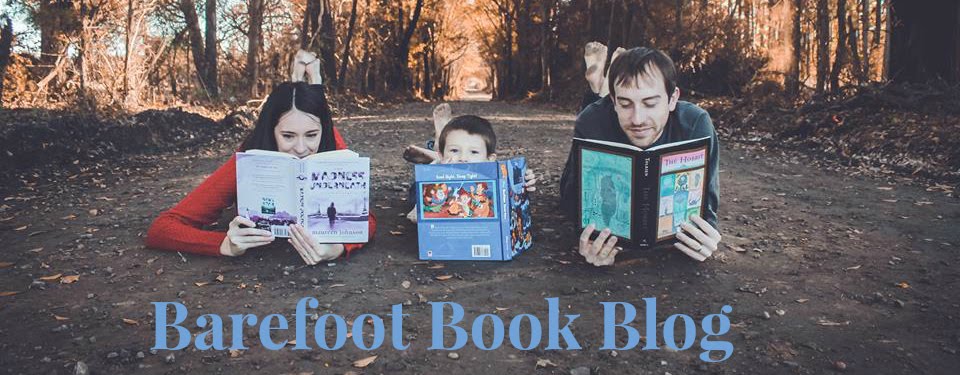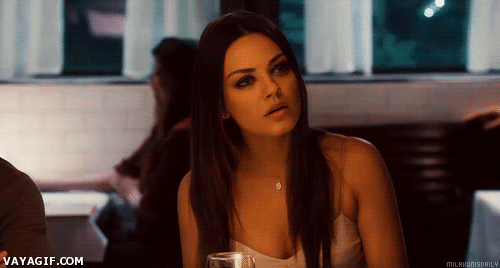Synopsis:
One choice can transform you. Beatrice Prior's society is divided into five factions—Candor (the honest), Abnegation (the selfless), Dauntless (the brave), Amity (the peaceful), and Erudite (the intelligent). Beatrice must choose between staying with her Abnegation family and transferring factions. Her choice will shock her community and herself. But the newly christened Tris also has a secret, one she's determined to keep hidden, because in this world, what makes you different makes you dangerous.
So Rachel read this one quite a while back (before we started the blog) and told me I had to read it. It was a must read. I was like, "Sure. I'll read it, when I have the time." Then the movie was coming out, and we have a pretty strict policy on Read-It-First. So I finally buckled down to read the book. I should have listened to her (always good advice, husbands) and read the book a year ago.
Throughout this book I kept thinking about how it would be to live in Chicago if this were real. What faction would I be in? What faction would my parents be in? Would I choose the same one of my family or would I transfer? (I actually answered that one; I would transfer.) What faction would my wife be in? Would we have met, fell in love, get married? These were questions this book begs you to ask. In short, "What if this were real?"
I have to admit this "utopian" society really fascinates me. The book doesn't explain what happened to get the society to where it was, but really we hardly know how we got to our present situation in real life, so it stands to reason that we wouldn't have too much background. But the situation of the factions described in the present is the important information for the book. The five factions, the choosing ceremony, the factionless, the discontent between the factions... All of that is important to the story, not necessarily the history of how they got there. Although I imagine we will get more history as I read the other two books of the series.
I liked this book. I read it in just a few days. But I also was not prepared for the twists and turns of this book. It seemed pretty harsh, almost too realistic at times. In other ways this book was fundamentally flawed (thank goodness). I don't think that humans, particularly Americans, would ever be happy with just living out one ideal, out of only five. I thought I myself would fit into three or four factions, maybe all five. How could you expect someone to choose just one of those, especially a sixteen-year-old. So I'm glad the book was flawed so we don't go down that road ourselves in the future and I'm glad that we are not perfectly divided.
Overall, this was a good book. I'm going to rate it a 4. It's a good young adult distopian novel that introduces some new ideas in the world of ideas.
Net Up:
Sphere and Will Grayson Will Grayson.




















